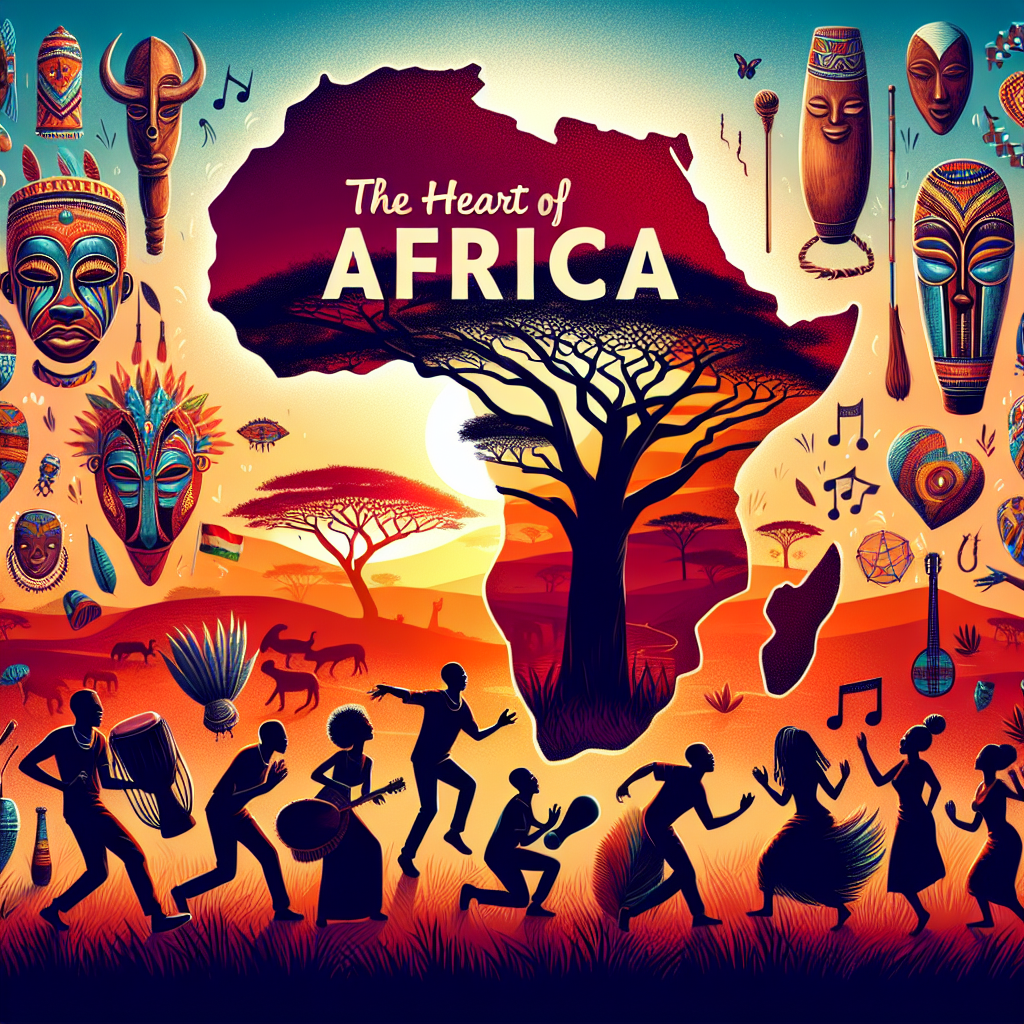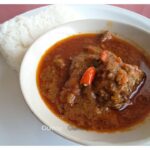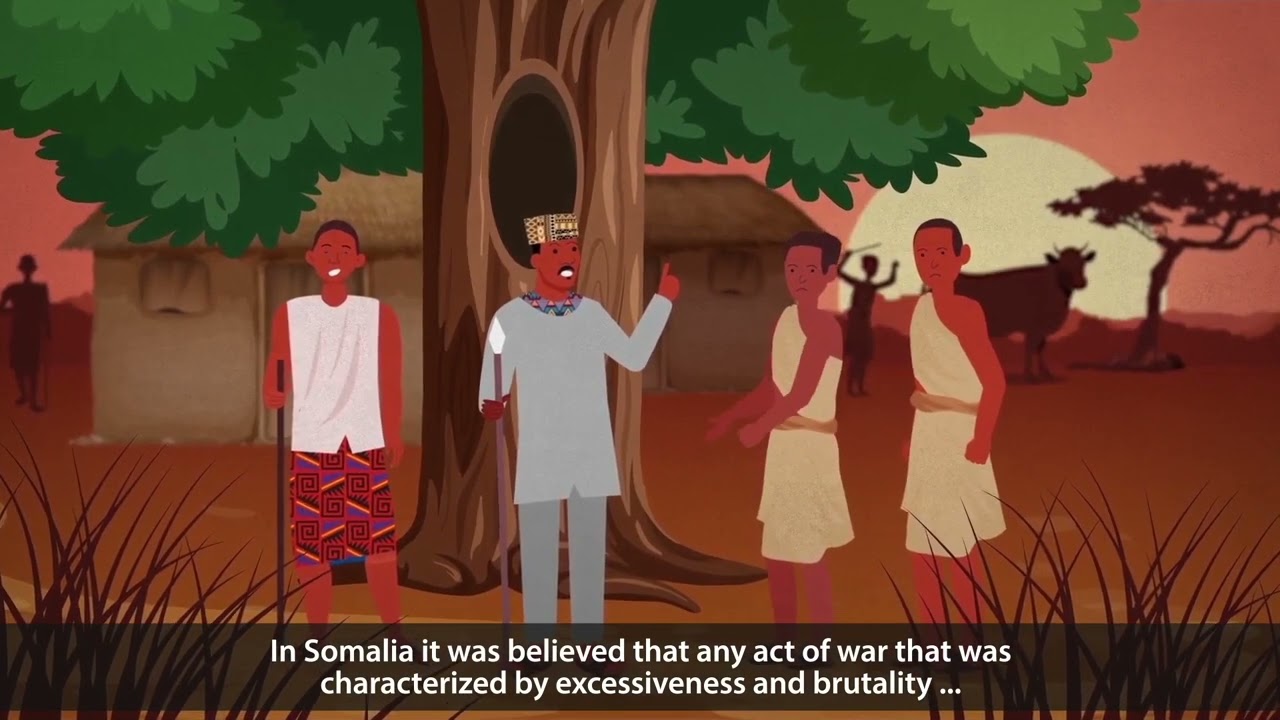Africa, often referred to as the “heart of the world,” is a continent rich in culture and traditions. Its diverse societies and ethnic groups contribute to the unique identity of the continent, shaping its history, art, music, language, and beliefs. From the vibrant colors and patterns of traditional clothing to the rhythmic beats of African drumming, the culture of Africa is as diverse and complex as the continent itself.
One of the defining aspects of African culture is its emphasis on community and family. In many African societies, the concept of “Ubuntu” prevails, which translates to “I am because we are.” This philosophy promotes a sense of interconnectedness and mutual support among individuals, highlighting the importance of relationships and community bonds. This communal mindset is reflected in the traditional African extended family system, where relatives beyond the nuclear family are considered as important as immediate family members.
Music and dance are also integral parts of African culture, serving as a form of expression, storytelling, and celebration. African music is characterized by its rhythmic complexity, polyrhythms, and use of instruments such as drums, percussion, and stringed instruments. Dance is often used to communicate and celebrate important events, such as weddings, births, and rites of passage. Traditional dances vary across regions and ethnic groups, with each dance having its own unique movements, costumes, and meanings.
Art is another significant aspect of African culture, with a rich history of sculpture, painting, textiles, and pottery. African art often reflects the spiritual beliefs, social structures, and customs of the people, showcasing intricate designs, symbols, and motifs. For example, the iconic African mask is a symbol of power, status, and spiritual connection, often used in ceremonies, rituals, and performances.
Language is also an essential part of African culture, with over 2,000 different languages spoken across the continent. Language plays a vital role in preserving and passing on cultural traditions, stories, and histories from one generation to the next. In many African societies, storytelling is a significant form of communication, with oral traditions playing a crucial role in preserving the cultural identity of various ethnic groups.
Religion is another vital aspect of African culture, with a diverse range of beliefs and practices across the continent. Traditional African religions often center around ancestors, spirits, and deities, with rituals, ceremonies, and sacrifices playing a significant role in spiritual life. In addition to traditional beliefs, Christianity, Islam, and other religious traditions have also influenced African cultures, adding layers of complexity and diversity to the continent’s identity.
Overall, the culture and traditions of Africa play a crucial role in defining the continent’s identity. They serve as a source of pride, resilience, and creativity for African people, fostering a sense of unity and connection across diverse societies and ethnic groups. By embracing and celebrating its cultural heritage, Africa continues to inspire and captivate the world with its rich tapestry of traditions, customs, and beliefs.












